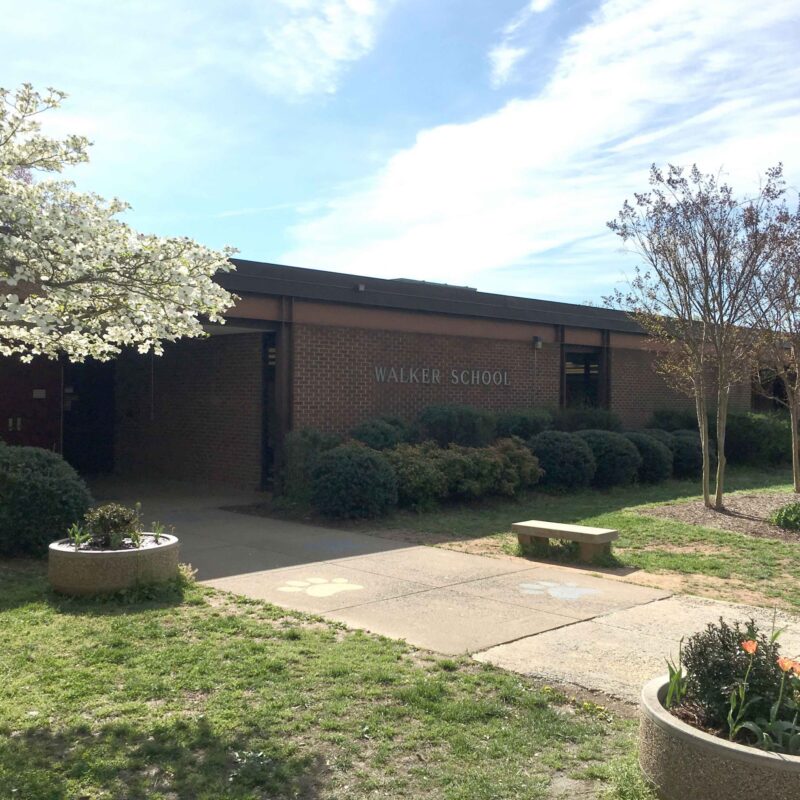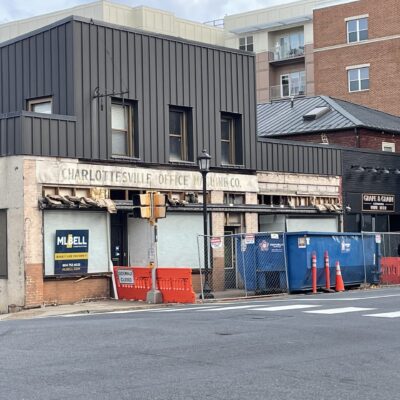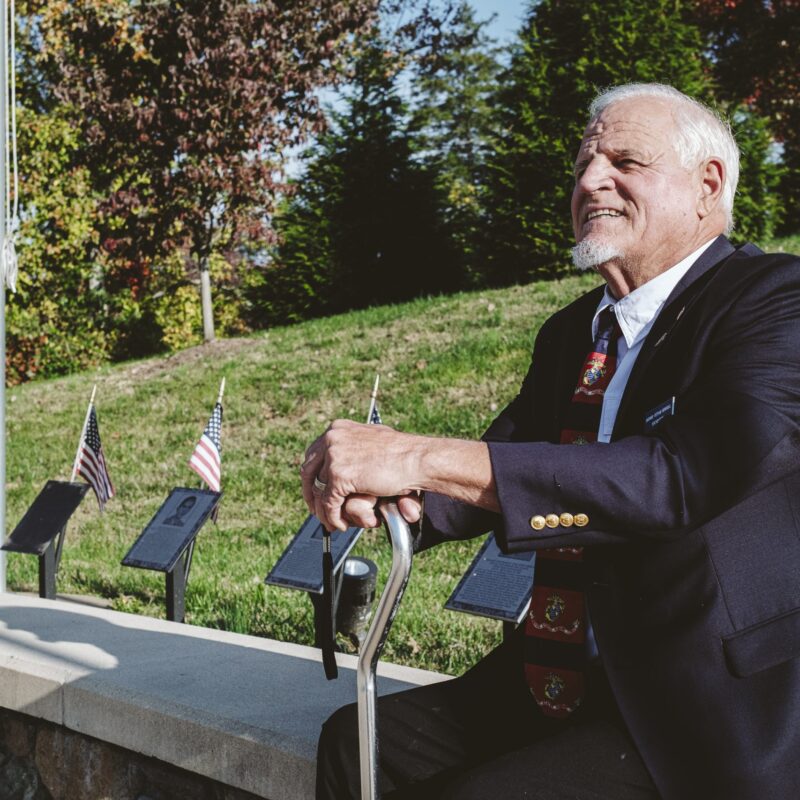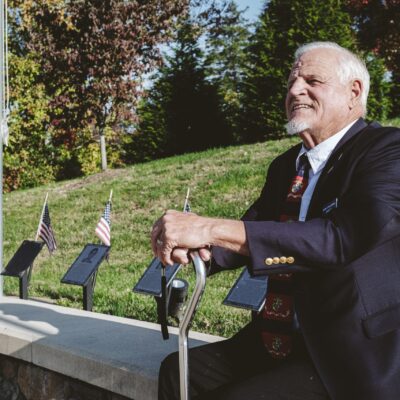 State police pledged “no new victims” on Halloween this year, vowing to keep trick-or-treating children safe from sexual predators. So, they continued an annual program called “Operation Trick No Treat” that requires sex offenders to stay at home with their lights off or attend a meeting during prime trick-or-treating hours.
State police pledged “no new victims” on Halloween this year, vowing to keep trick-or-treating children safe from sexual predators. So, they continued an annual program called “Operation Trick No Treat” that requires sex offenders to stay at home with their lights off or attend a meeting during prime trick-or-treating hours.
During the meeting, according to a Department of Corrections (DOC) press release, offenders “were required to participate in educational sessions and drug and alcohol screening while law enforcement provided custodial searches of offenders and oversight of any existing warrants.” If registrants weren’t participating, officers with the DOC and local law enforcement went to their houses to make sure they weren’t greeting trick-or-treaters.
There are currently 171 registered sex offenders living in the Charlottesville area. But, according to Larry Traylor, spokesperson for the DOC, the roundup only applied to sex offenders who are still under order of the court—meaning they’re on probation or some other kind of court-mandated supervision.
State police monitor all registered offenders in other ways—registered sex offenders have to update their photo with the State police every two years and notify authorities when they move, change jobs or begin attending school, according to Lieutenant Thomas Turner with the State Police Criminal Justice Information Services division.
Meanwhile, the spectrum of who qualifies as a sex offender continues to expand in Virginia. Recently, the Virginia Assembly pushed Delegate Rob Bell’s proposed bill making three misdemeanor peeping offenses into a felony sex offense and landing the perpetrator on the registry for life. Currently, categories for sex offenders consist of “violent” or other perpetrators, and make no distinctions between crimes against children or adults. (Sex offenders whose crimes had nothing to do with kids were also forced to comply with the Halloween program.)
More postrelease supervision might be on the way for sex offenders. Turner confirmed that the Virginia DOC is considering a monitoring system, similar to what is in place in Washington, D.C., and other states, that uses an ankle bracelet or other tracking devices to keep track of some sex offenders. Such systems work by alerting authorities when a con gets too close to a school or the residence of a victim.





